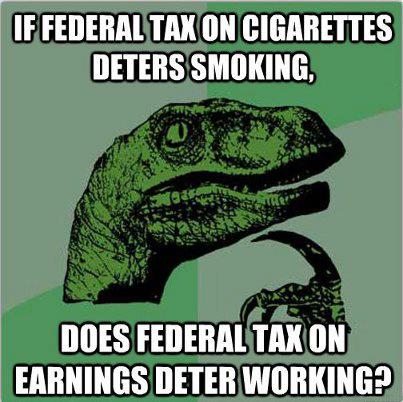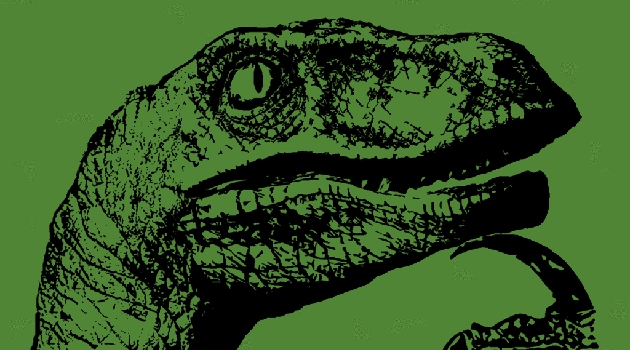Every so often, I see a cartoon or image that provides a teachable moment about economics.
- This Wizard-of-Id parody, for instance, contains a lot of insight about labor economics. As does this Chuck Asay cartoon and this Robert Gorrell cartoon.
- And if you want to understand Keynesian economics, this Scott Stantis cartoon is a gem, as is the third image in this post (and while there’s no economic substance, this Lisa Benson cartoon about Keynesianism is worth sharing simply because it’s funny).
- Regarding the minimum wage, Henry Payne effectively shows – in this cartoon and this cartoon – how mandating above-market wages is very bad news for those with limited skills.
- You can also get clear messages about why a welfare state is economically destructive in this classic from Chuck Asay, as well as these home-made cartoons on riding the wagon vs pulling the wagon, which have received more views than anything else I’ve ever posted.
Surprisingly, though, I haven’t seen many cartoons about the economics of tax policy or supply-side economics. So I’m delighted to share this image a reader sent to me.
I’m not sure why it uses a dinosaur, but it perfectly summarizes the case for supply-side economics.

I’m a big fan of this image for two reasons.
First, I almost always use this example when giving speeches about tax policy. Just about everyone in an audience will understand that politicians commonly argue that we need higher tobacco taxes to discourage smoking. I tell them I don’t think it’s government’s job to dictate our private behavior, but I also tell them the politicians are right: The more you tax of something, the less you get of it. I then point out that the same principle applies to taxes on productive behavior such as work, saving, and investment, which is why tax rates should be as low as possible.
Second, even leftists admit (when it suits their purpose) that taxes impact incentives. President Obama’s former chief economist, for instance, wrotethat “all taxes discourage something. Why not discourage bad things…rather than good things, such as working and saving.” Of course, he somehow forgot these insights when Obama was pushing for class-warfare tax hikes as part of the fiscal cliff deal.

